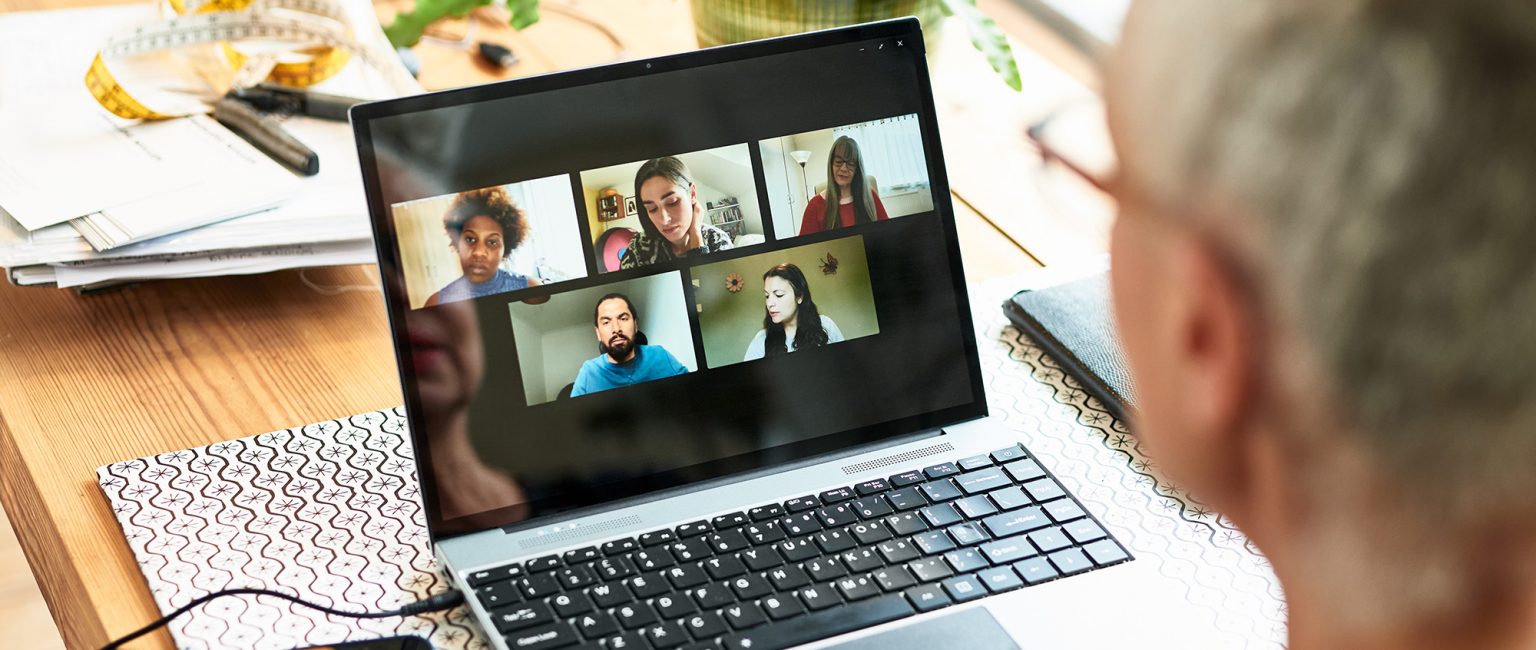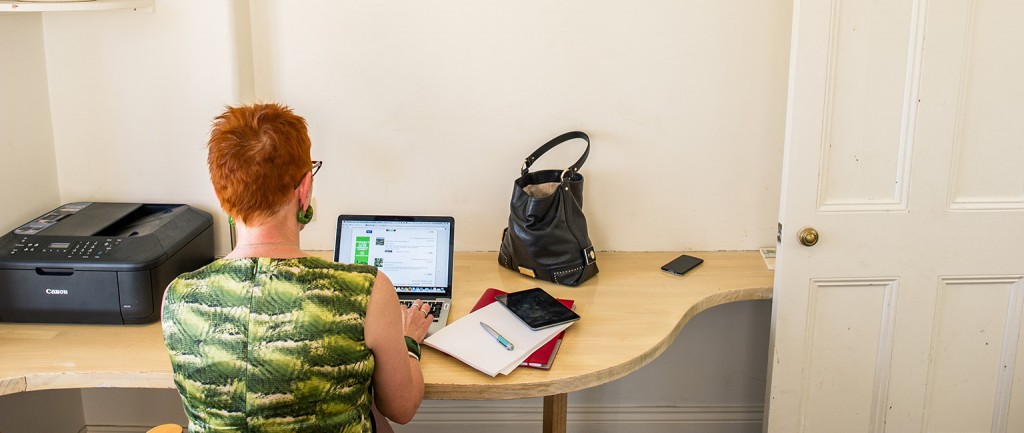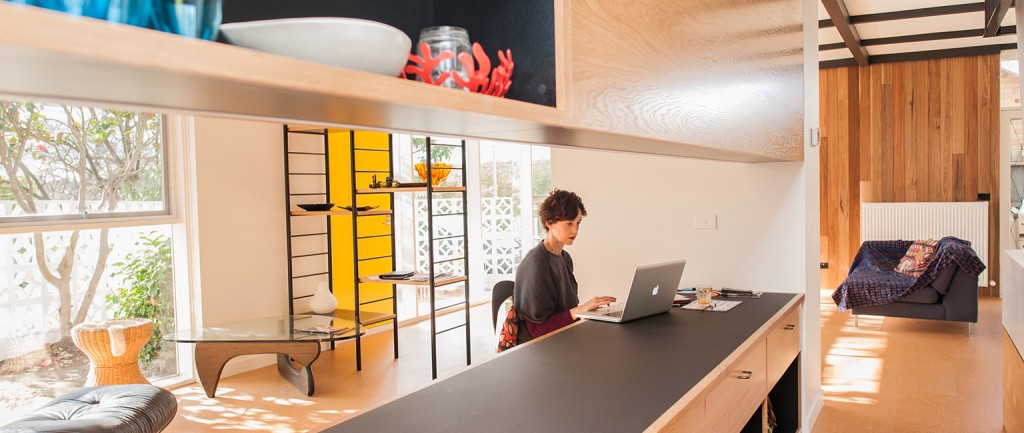Tips to successfully work from home

Even before COVID and remote working became normal, plenty of people successfully, and happily, worked from home.
Their success is based on keeping to the structured schedules, taking breaks, connecting with others and regularly getting out of the house.
Dressing in employment attire is a good option as well.
Here are our 9 top tips to efficiently work from home.
1. Consider your character
It’s easy to overlook the possibility of loneliness when considering working from home.
But without office interaction, it can be isolating to work in this way, particularly for single people living alone.
Highly sociable people can still succeed from their home desk.
But before even starting a home business, consider whether you may be happier – and work better – in a place where there’s always water cooler gossip to break down your day.
2. Compartmentalise business and pleasure
Having a physical and psychological barrier separating your work area from the rest of your house will help you focus on your employment.
If you’re live in a small home, a folding screen on your desk or in a living room can assist you to compartmentalise the two areas of your life.
3. Create a professional workspace

Ensure your work space is a well-structured area where you can find everything you need swiftly. Picture: Getty.
Your workspace needs to be an efficient and well-structured area where you can quickly find everything from stationery to clients’ contact details.
So, organise a designated work cupboard or section specifically for this work minutiae.
The ability to physically pack away every work detail at the end of the day and move on to your home life will also help you psychologically.
Don’t forget the often-overlooked importance of natural light, scenery and greenery either.
These points can be as easy to organise as arranging your desk next to a large, sunlit window and buying some plants.
4. Remember to claim your expenses
A great incentive to create an efficient workspace is that all expenses involved in this process can be claimed as a tax deduction.
Think computers, desks and desk chairs, just for a start.
The Australian Tax Office has plenty of information on what can and can’t be deducted in regards to small businesses as well as how to do so.
There are also deductions related specifically to particular occupations and industries.
As well, updating older computers can save you time while increasing the calibre of your work.
5. Dress for business – if you like

Shorts and shirts may work for some sole traders but a formal suit is a great way to focus on your employment. Picture: Getty
Dressing for work is again both a physical and psychological process that can help you to focus on your employment.
While not an absolute rule, some people enjoy the act of slipping into a skirt or suit.
With video conferences now highly prevalent, formal wear will also ensure no one sees you in your PJs and slippers.
6. Don’t get distracted
The ultimate key to freelance failure is distraction temptations such as kids’ arguments or social media.
Ensure any people you live with – both adults and children – are aware of your work hours and respect your space and time during this period.
As well, put your phone on silent or only be available to work-related phone calls.
Noisy neighbours can be another distraction so consider utilising some noise-cancelling headphones or simply enjoying some quiet music.
7. Stay connected
After COVID, there are more ways than ever to connect with colleagues and clients so make use of every one of these opportunities.
Connections via video conferences, emails and phone calls will all lift your frame of mind and in turn, increase your work quality.
Alternatively, arranging client meetings at your local cafe or restaurant can help increase your connection with the outside world.
8. Stick to scheduled hours
Overwork or unstructured hours is another key area where home work can crumble.
For example, it can be tempting to slip into your work space to check your emails before bedtime.
But by setting a structured schedule – including time for coffee, tea and lunch breaks – and sticking to it, you won’t lose your work-life balance or burn out.
9. Head out to the outside world

Heading outside for some fresh air or a coffee break can help immensely. Picture: Getty
Even those content with their own company at home will find they work better with fresh air and different surroundings.
Consider meeting a client in a cafe instead of via a video conference or taking your laptop to a local park
Don’t forget to regularly exercise either.
This can include simply going for a walk around the block during your lunch break.







